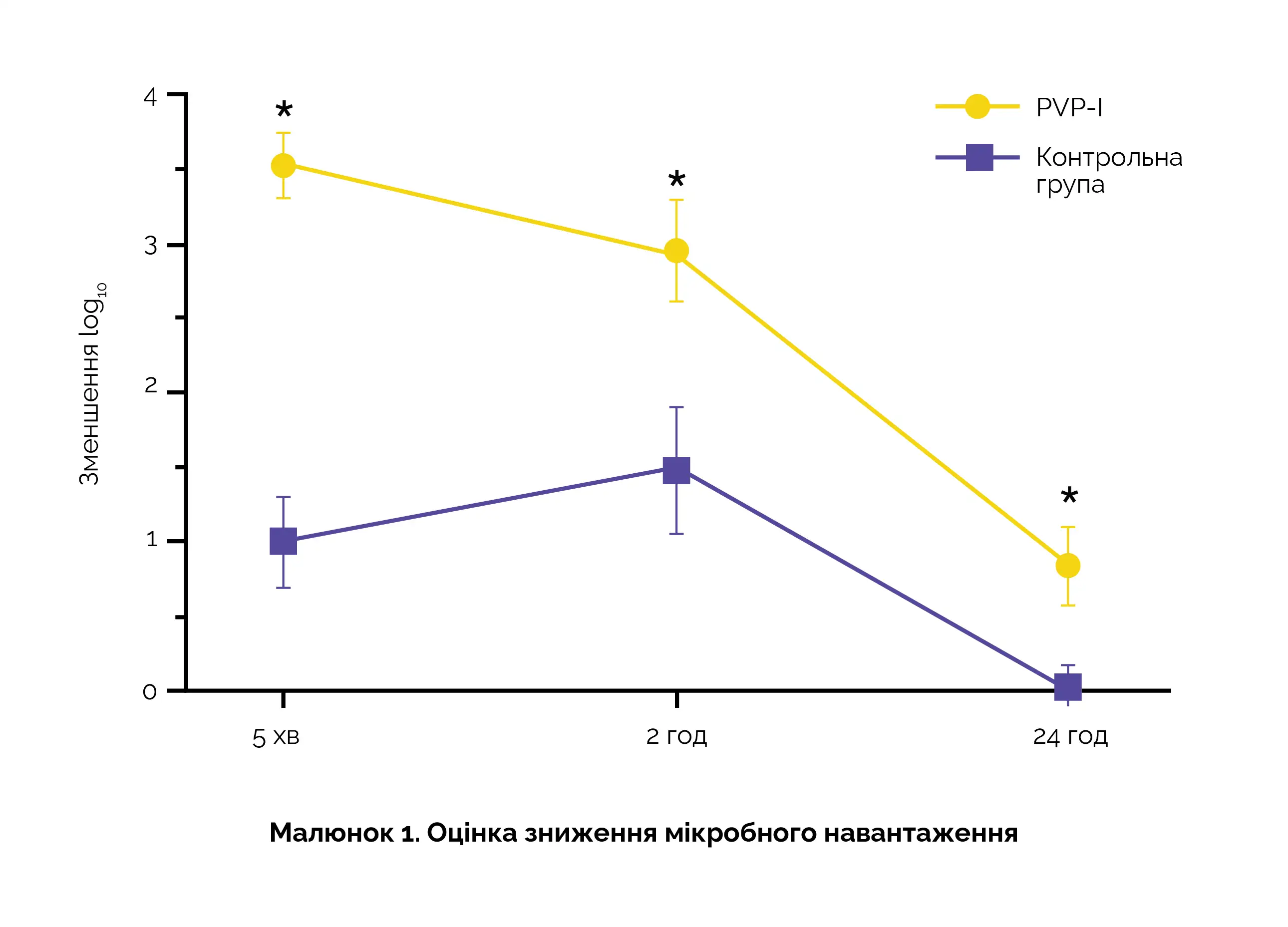Змінити пароль!
Скинути пароль!


Присутність патогенних бактерій у носовій порожнині може збільшувати ризик розвитку інфекцій після хірургічного втручання.
При нанесенні антисептичного розчину повідон-йоду відзначається значне зниження мікробного навантаження носової порожнини.
Присутність патогенних бактерій у носовій порожнині може збільшувати ризик розвитку інфекцій після хірургічного втручання. Зменшити цей ризик можна шляхом зменшення кількості таких бактерій за допомогою назальної деколонізації. Згідно з результатами нещодавно проведеного дослідження, наявність деяких видів бактерій у носовій порожнині може впливати на ймовірність розвитку інфекції післяопераційної рани. Мета дослідження полягала у вивченні особливостей мікробіома носової порожнини та впливу назальної деколонізації на нього.
У цьому рандомізованому проспективному клінічному дослідженні взяли участь 50 здорових добровольців. Включених у дослідження пацієнтів рандомізували до групи застосування нового антисептичного розчину (n = 25), або до контрольної групи застосування розчину плацебо (n = 25). Антисептичний розчин (повідон-йод (PVP-I)) або розчин плацебо протягом 15 секунд наносили на передню частину обох ніздрів круговими рухами за допомогою ватного тампона.
Перед нанесенням (вихідний рівень) та через 5 хвилин, 2 години та 24 години після нанесення взяли мазки з носової порожнини. Аналіз мазків із носової порожнини проводили за допомогою секвенування нового покоління, після чого виконали посів на чашки з агаром для мікробіологічного дослідження.
На початковому рівні спостерігалася виражена кореляція між анаеробними видами бактерій, Dolosigranulum species, Corynebacterium та Staphylococcus . Після нанесення розчину PVP-I відзначалося значне зниження мікробного навантаження: log 10 3538 ± 0918 через 5 хвилин; log 10 2,961 ± 1,466 через 2 години та log 10 0,849 ± 1,092 через 24 години (p < 0,01) (див. рисунок 1).

Обробка впливала в основному на бактерії виду Cutibacterium acnes та бактерії роду Staphylococcus та Corynebacterium. Про небажані явища, як і збільшення тривалості мукоциліарного кліренсу у пацієнтів не повідомлялося.
Протягом 24 годин після нанесення антисептичного розчину PVP-I у носовій порожнині спостерігалося виражене зменшення кількості бактерій. При відновленні популяції мікроорганізмів до вихідного стану спостерігалися незначні зміни порівняно з вихідними характеристиками. В цілому антисептичний розчин забезпечує ефективне тимчасове зниження мікробного навантаження носової порожнини.
Scientific Reports
Nasal microbiome and the effect of nasal decolonization with a novel povidone-iodine antiseptic solution: a prospective and randomized clinical trial
Diana Fernández-Rodríguez та співавт.
Коментарі (1)